Handwashing can prevent 1 in 3 diarrhea-related sicknesses and 1 in 5 respiratory infections, such as a cold or the flu.
Handwashing is an easy, cheap, and effective way to prevent the spread of germs and keep kids and adults healthy. When your family is healthy, you don’t have to worry about missing school, work, or other activities.
Help your child develop handwashing skills
Parents and caretakers play an important role in teaching children to wash their hands. Handwashing can become a lifelong healthy habit if you start teaching it at an early age. Teach kids the five easy steps for handwashing—wet, lather, scrub, rinse and dry—and the key times to wash hands, such as after using the bathroom or before eating. You can find ways to make it fun, like making up your own handwashing song or turning it into a game.
Give frequent reminders
Building handwashing skills takes time. At first, your child will need regular reminders of how and when to wash hands. It is especially important to remind children to wash their hands after using the bathroom, before eating, after touching pets, after playing outside, and after coughing, sneezing, or blowing their nose. But once handwashing becomes a habit and a regular part of your child’s day, they will practice it throughout their lives.
Lead by example by washing your hands
Young children learn by imitating the behaviors of adults in their lives. When you make handwashing part of your routine, you’re setting an example for your children to follow.
What if soap and water aren’t available?
Washing hands with soap and water is the best way to get rid of germs. If soap and water are not available, use an alcohol-based hand sanitizer that has at least 60% alcohol, and wash your hands with soap and water as soon as you can.
Baby Wipes
Baby wipes may make your hands look clean, but they’re not designed to remove germs from your hands. CDC recommends washing hands with soap and water when possible.
Remember to make handwashing a healthy habit at home, school, and at play!

ASSUME THAT I CAN | World Down Syndrome Day 2024
If we have positive assumptions about people with Down syndrome, we’ll give them more opportunities in their schools, workplaces, relationships and activities. And maybe these positive assumptions will become reality.
Read More...
The Power of People-First Language
This blog post from Parent to Parent USA discusses the importance of people-first language in referring to individuals with disabilities. It explains how this respectful language emphasizes personhood over disability and combats stereotypes and discrimination. The post delves into the historical advocacy for such language, its role in inclusive communication, and provides guidelines for its proper use.
Read More...
Volunteer Support Parent Training
Join Families Helping Families of Acadiana’s Acadiana Parent Connection for this free training to learn how to support parents of newly diagnosed children and become a Volunteer Support Parent.
Read More...
Upcoming EarlySteps Family Orientation Webinars
New to EarlySteps? These live webinars introduce you to Louisiana’s Part C program and what you can expect for you and your family. Register today!
Read More...
Region V: 2024 Legislative Roundtable
Region V: Join Families Helping Families of SWLA, LaCAN, and the Louisiana Developmental Disabilities Council as we meet with Individuals with disabilities, their family members, and the professionals who support individuals with disabilities, to discuss the LaCAN 2024 Legislative Agenda with area legislators.
Read More...
OCDD Family Meet & Greet
OCDD invites families of children with disabilities to an informal meet and greet to answer questions and provide information on available services and resources.
Read More...



